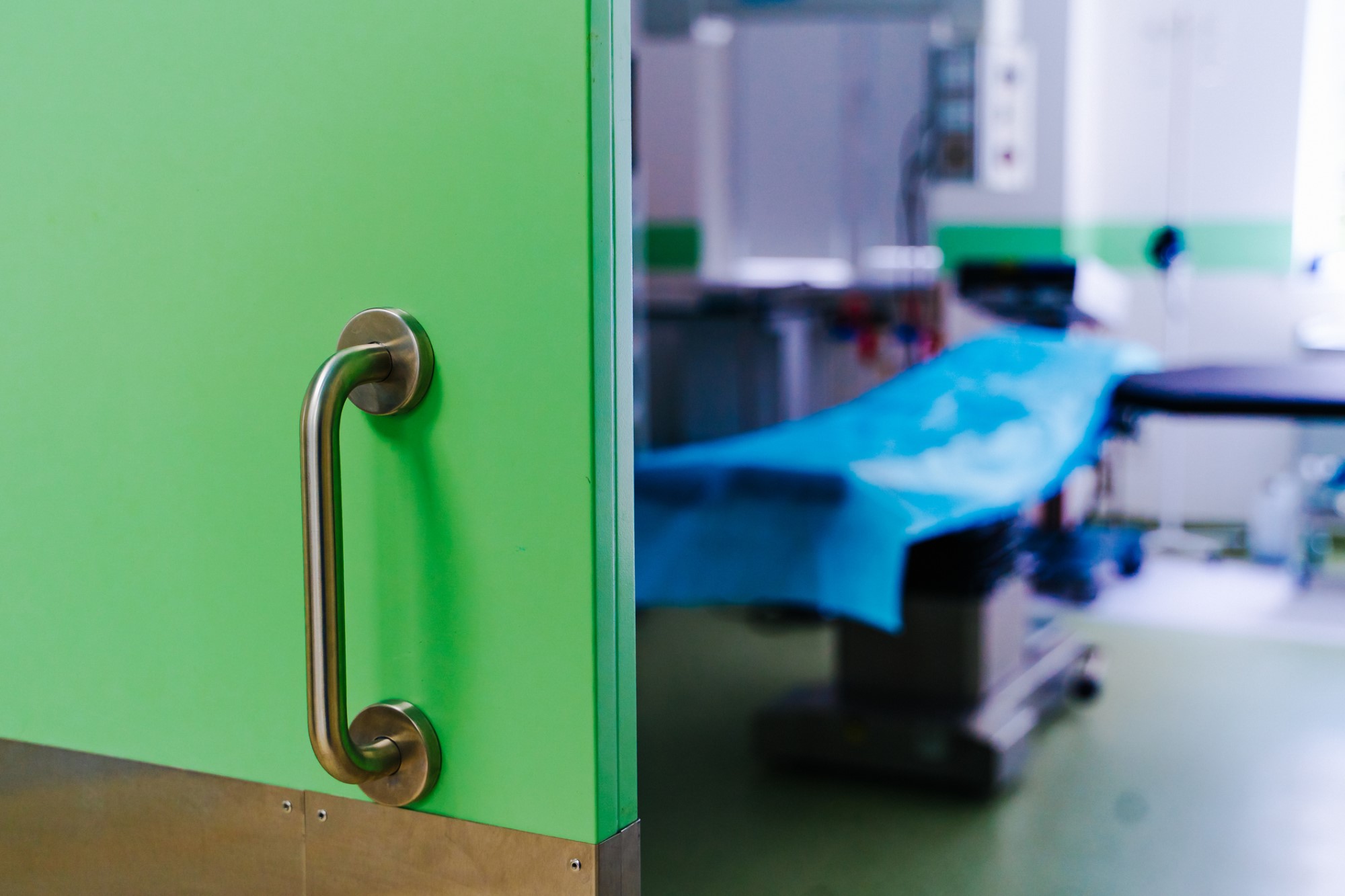MDs vs. NDs: On the Regulation of Naturopathic Medicine
While 16 states, plus the District of Columbia and Puerto Rico, license naturopathic doctors, many physicians have expressed strong opposition against this practice. These physicians point to naturopathic treatment as an unsafe alternative to modern medicine, because they argue that Naturopathic Doctors (N.D.s) are not qualified to diagnose and treat illness. On the other hand, N.D.s want increased legitimacy within the field of holistic health to ensure that patients go to qualified practitioners. It is evident that physicians and N.D.s share a mutual goal: ensuring that patients receive quality care. However, the two parties have different ideas of how to promote the just treatment of patients: either recognize N.D.s as licensed Naturopathic Doctors, or bar them from that distinction, lumping them together with untrained practitioners. The ethical concern lies with ensuring that patients have the proper information needed to access just and safe treatment. For the good of all those involved we must ask: should N.D.s be licensed and formally recognized?
First, some critics have argued that people practicing naturopathy are not sufficiently trained in the medical field. Naturopathic medicine can be practiced in two different ways: by naturopathic doctors and by unlicensed naturopaths. While they both sit under the umbrella of naturopathy, the difference between these two practices is significant. While N.D.s graduate from a four year naturopathic school and receive a license from the Council on Naturopathic Medical Education, unlicensed naturopaths might receive informal training and are only qualified to make “general lifestyle” recommendations. N.D.s want to be recognized as legitimate medical practitioners to increase their agency and distinguish themselves from non-licensed naturopaths. Being recognized as medical practitioners would allow N.D.s the power to write prescriptions and conduct medical tests more freely, which would increase their influence over the treatment of their patients. Nevertheless, their desire for greater authority is based on concern for the well-being of patients: N.D.s are worried that patients might be going to naturopaths without understanding the distinction between naturopaths and N.D.s.
Prospective patients needs to know that naturopaths are only trained to provide general lifestyle advice. Patients should not visit a naturopath for questions regarding specific ailments. Individuals who work as naturopaths must actively work to protect prospective clients by turning them away when their inquiries stretch beyond this scope. Prospective patients must also understand that N.D.s cannot replace physicians; believing so could prove a great risk to the patient’s well-being.
While there are guidelines for what naturopaths can and cannot do, this varies depending on individual states’ laws and regulations. Due to the relative novelty of naturopathy in the U.S, many people are unaware of the possible risks and benefits of its practice. This affects whether lawmakers believe that wider recognition for N.D.s would have a positive impact on patients’ health outcomes. A possible solution would involve a commitment to patient education, prioritizing the agency of individuals by promoting free and ample access to information. If people are equipped to make truly informed choices, they can decide whether they best belong at the M.D., N.D., or naturopath’s office. Free and equitable access to information would mean that people are less at risk of being harmed without their knowledge. The issue with this suggestion, however, is that universal access to information is not a reality. For this reason, how N.D.s are recognized matters.
Organizations like the American Academy of Family Physicians oppose a special distinction for N.D’s, because they argue that it might assert an equal status between N.D.s and physicians. This, they argue, would put patients at risk. They point out that physicians attend medical school upwards of ten years, while N.D.s undergo nearly half of that. The AAFP outlines the difference they perceive in the training of family physicians and naturopaths. They include the similarities/differences between the two programs of study:

What the table above illustrates is that, by the standards used by the AAFP, physicians receive training for a longer period of time and are vetted as possible candidates for a degree with more rigor. For physicians, it is problematic to identify those who practice both fields under the same label, because it fails to appreciate the sizable difference in qualifications of the two professions. Physicians are trained in many subjects that N.D.s are not; this is significant when discussing an individual’s health outcomes. There is a concern that recognizing N.D.s as legitimate medical practitioners actually puts patients at a greater risk, because they are making decisions based on a lie. The “lie” being that a patient can go to physician or N.D regardless of the medical problem, since both professionals have the same expertise.
It should be clear that physicians and N.D.s do not possess the same knowledge. Both fields distinguish themselves as different from each other, and N.D.s continue to recognize the need for physicians, in cases requiring surgery, for example. Some N.D.s even specify that patients should seek advice from their doctors when they seek naturopathic care. N.D.s do not desire to obtain an equal status to physicians, which should appease many. Instead, N.D.s would like their title to reflect the services they can provide and distinguish them from those who merely offers advice as naturopaths.
N.D.s insist that without more public legitimacy, people might go to unlicensed naturopaths thinking they are consulting someone with a greater level of professional training and education. The reality is that a proper solution is not clear, and there is ambiguity regarding what policy best protects the safety of patients, a common value or goal shared by both “sides.” But the parties have strong beliefs about the proper way to reach that goal and, unfortunately they don’t coincide. The hope is that by evaluating where opponents are coming from and what they care about, we can begin to draw out common interests. Then, these common interests have the potential to lead to collaborative decision-making about action steps.
In this case, physicians and N.D.s seek to protect patients and promote their well-being. While N.D.s would like more recognition that legitimizes their practice as more legitimate, physicians oppose this. If physicians don’t believe N.D.s possess sufficient knowledge, it is interesting to consider whether they would like N.D.s to receive more training or have stricter regulation on what they can treat. Naturopathy has been around for thousands of years all over the world, and its recent surge in popularity within the U.S points to its time-tested resilience. Furthermore, it will become increasingly necessary to investigate how Naturopathic medicine can be integrated among the other branches of medicine as its influence increases. The way we label the field and its practitioners will have serious consequences going forward.





